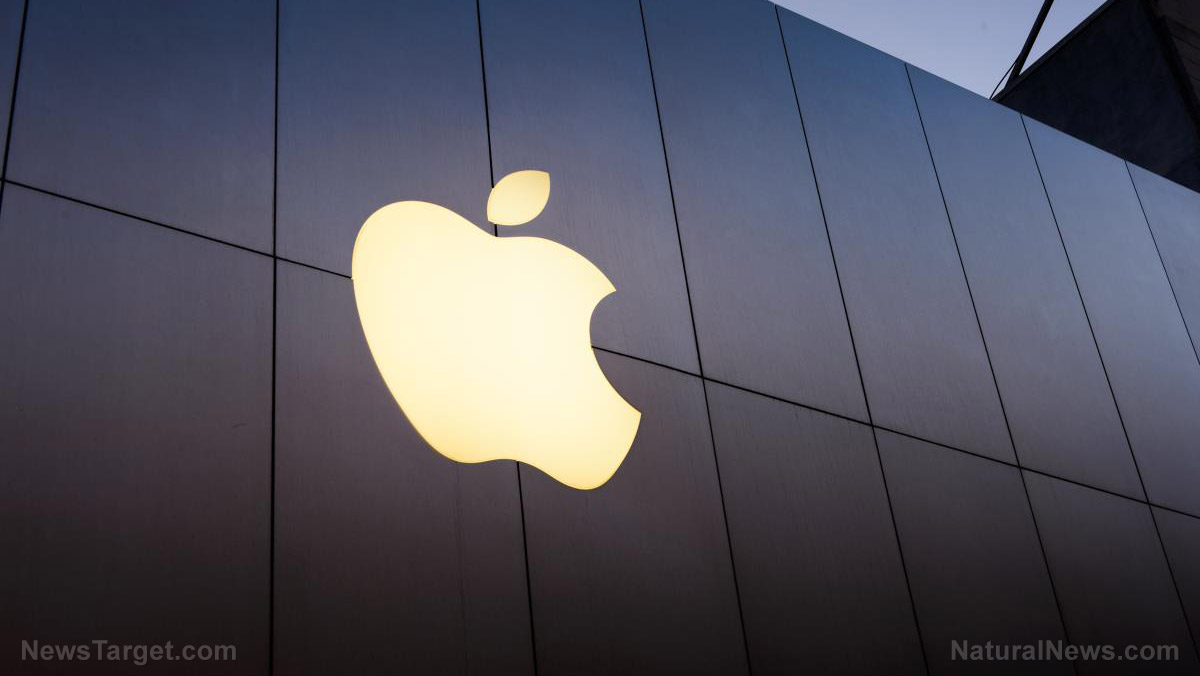Ransomware attack on Dole causes SHORTAGE of salad in groceries
02/28/2023 / By Belle Carter

The Dole Food Company has temporarily stopped production and distribution after falling victim to a cyberattack, causing a shortage of pre-packaged salad products in groceries.
Emanuel Lazopoulos, senior vice president at Dole’s fresh vegetables division, wrote in a Feb. 10 internal memo to retailers: “Dole Food Company is in the midst of a cyber attack and has subsequently shut down our systems throughout North America. Our plants are shut down for the day and all our shipments are on hold. Please bear with us as we navigate our way and hopefully, we will minimize this event.”
The notice, which was later obtained by fake news outlet CNN, followed complaints by customers about Dole’s salad products – which include salad blends, salad kits and ready-to-eat salads – being out of stock. The mainstream media network then ran a story on the shortage, which led to a company spokesman confirming the cyberattack.
“Dole announced today that the company recently experienced a cybersecurity incident that has been identified as ransomware,” spokesman William Goldfield stated in a Feb. 22 release. “Upon learning of this incident, Dole moved quickly to contain the threat and engaged leading third-party cybersecurity experts, who have been working in partnership with Dole’s internal teams to remediate the issue and secure systems.”
Goldfield also mentioned in the release that the company has already notified authorities about the incident and are cooperating with their investigation.
However, Goldfield refused to answer any questions regarding the length of time Dole was offline and whether a ransom was demanded. He also refused to answer whether the incident was disclosed to government regulators, only mentioning that there would be no comment beyond the official statement.
Not the first cyberattack on US food supply
Both the Department of Homeland Security and the U.S. Department of Agriculture did not reply to requests for comment over the incident.
Meanwhile, supermarkets in Texas and New Mexico said they were unable to stock Dole salad kits on their shelves for days.
Jeff Russell, assistant manager of Clayton Ranch Market in New Mexico, said they have been short of salad kits since the beginning of last week. According to him, customers were upset but they can’t do anything about it except put in the orders.
Mary Underwood, an employee at Stewart’s Food Store in Olney, Texas, expressed the same sentiment as buyers already started asking questions about the bare shelves. To keep them updated, the store posted the Dole memo about the cyberattack on its Facebook page.
Dole was not the first company that fell to a cyberattack, however.
Back in 2021, a ransomware attack by alleged Russian-speaking hackers against meat producer JBS USA made the firm pay an $11 million ransom so that hackers would unlock their systems and avoid further disruption. According to the website SupplyChainDive, several grain cooperatives were also attacked by ransomware in the fall of 2021. (Related: Following rash of fires, FBI warns that food plants will be targeted with cyberattacks.)
Ransomware is not the only digital scam that has hit the food sector. According to federal agencies, cybercriminals have already stolen hundreds of thousands of dollars worth of shipments from U.S. food suppliers by placing fraudulent orders for milk products.
Check out Glitch.news for more news about cyber-attacks on food companies.
Watch this video about the cyberattack that crippled meat company JBS.
This video is from the Truth or Consequences channel on Brighteon.com.
More related stories:
Food giant Dole temporarily halts U.S. production following ransomware cyberattack.
Cyber attacks now much more likely as Putin escalates ongoing Russian invasion of Ukraine.
Sources include:
Submit a correction >>
Tagged Under:
chaos, Collapse, computing, conspiracy, cyber war, cyberattack, cyberattacks, deep state, Dole, Dole Food Company, food, food collapse, food inflation, food plants, food scarcity, food supply, Glitch, hacking, national security, panic, ransomware, salad, salad kits, terrorism, vegetables
This article may contain statements that reflect the opinion of the author
RECENT NEWS & ARTICLES
COPYRIGHT © 2017 COMPUTING NEWS




















